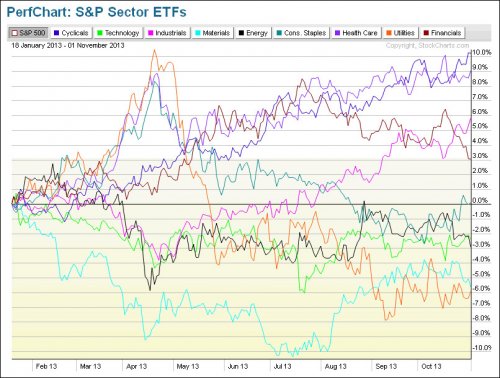EconMatters is made up of a team of financial and market analysts who research, analyze, and write articles devoted to the discussion of important economic and market specific issues relevant to our readers and global strategic investing.
In addition to the EconMatters staff, we are fortunate to have a global network of guest authors who contribute regularly to the site, and we value their contributions. If you would like to contribute to the website as a guest author, then send your request via the contact link below.
Thanks for visiting our site, and if you have any comments, questions or media requests be sure to send us a message.


 Commodities can be a portfolio hedge
Commodities can be a portfolio hedge
 This is one of the few times where the benefactors or professionals who benefit from the bubbles, in this case created by the Federal Reserve, fully and openly acknowledge that stock prices and certain other asset classes are completely divorced from fundamental valuations.
This is one of the few times where the benefactors or professionals who benefit from the bubbles, in this case created by the Federal Reserve, fully and openly acknowledge that stock prices and certain other asset classes are completely divorced from fundamental valuations.



 We’re About to Lose Net Neutrality.
We’re About to Lose Net Neutrality.









